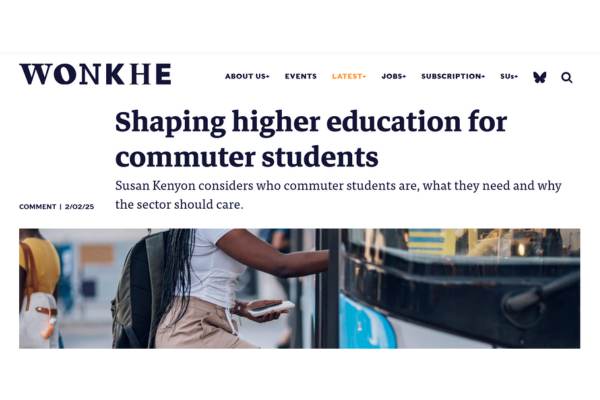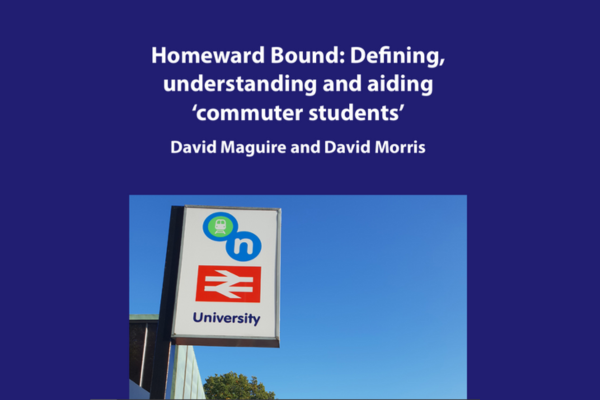Commuter students often have a very different university experience compared to those who live close to campus in student accommodations. Without careful effort from both the student and the university to provide support, commuter students can struggle in several ways. They may find it difficult to build and maintain strong social networks, which can leave them feeling isolated and disconnected from campus life. This sense of separation can also lead to a lack of motivation and reduced engagement in academic activities. In addition, commuter students may face more limited access to important resources, such as study spaces, events and support services, all of which can play a crucial role in helping students achieve academic success.

Wonkhe: Shaping higher education for commuter students
Commuter students now outnumber residential students in the UK. Many juggle work, family and study, facing barriers to resources and engagement. Universities must adapt policies and provide flexible learning to support their success.

HEPI: Homeward Bound: Defining, understanding and aiding ‘commuter students’
Commuter students, who live at home while studying, often face barriers to engagement, resources and outcomes compared to residential students, highlighting the need for higher education policy and institutions to better support their unique circumstances.

